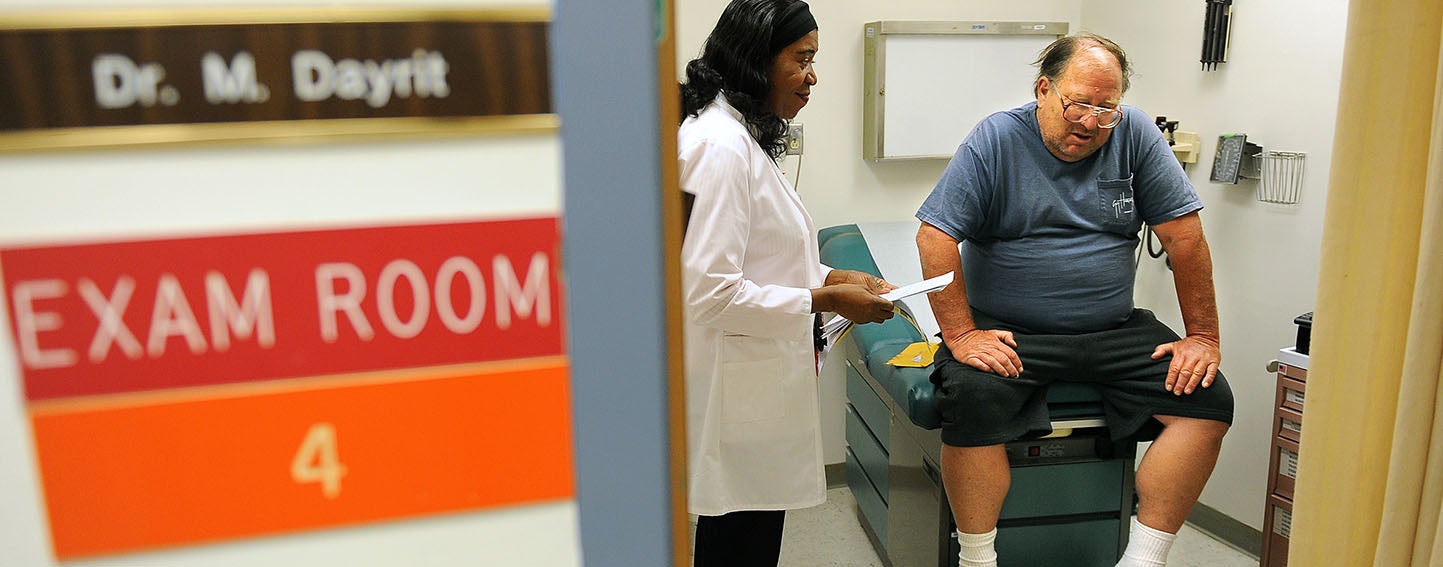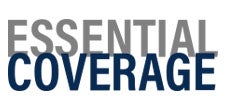
Health care policy controversies remain in the spotlight, and journalists are playing an important role in providing data and evidence to counteract misinformation. The latest example came this week in The New York Times as Aaron E. Carroll reported on a new review of 77 studies that suggests Medicaid expansion has had a positive effect on beneficiaries’ health.

A valuable tool for health reporters, the systematic review assesses the quality of multiple studies, making it more rigorous than an individual study (see Vox’s excellent refresher on study design). The review covers 440 distinct analyses of the 77 studies, and the majority found a significant positive effect of the Medicaid expansion on access to care and health outcomes consistent with the goals of the Affordable Care Act (ACA). Lead author Olena Mazurenko, MD, PhD, said, “The best evidence we currently have suggests that Medicaid expansion greatly improved access to care, generally improved quality of care, and to a lesser degree, positively affected people’s health.”
This evidence comes to light at an opportune time for proponents of Medicaid expansion. In November 2018, voters in Idaho, Utah, and (as of this writing) Nebraska will decide whether to expand Medicaid in their states. The Hill reports that the Medicaid expansion ballot initiative in Nebraska is the work of the activist group Insure the Good Life, which collected more than 130,000 signatures to satisfy the minimum requirement of 85,000 in favor of the ballot initiative.
Critics of Medicaid expansion also claim that the ACA marketplace is collapsing. Health reporters present evidence to the contrary. In The New York Times, Reed Abelson writes, “While President Trump may insist that the law has been ‘essentially gutted,’ the ACA market appears to be more robust than ever, according to insurance executives and analysts.” And Vox’s Dylan Scott writes, “2017 provided a clearer picture of what Obamacare is likely to be: a relatively stable market for lower-income people to buy insurance with generous federal assistance.”
Of course, health care journalists aren’t the only ones who scrutinize arguments that are not backed up by data and evidence. In the past year, the Wall Street Journal argued in its editorial pages that California’s Medicaid program has failed to improve health care access for Californians with low incomes, and that Medicaid expansion fueled the opioid epidemic. The California Health Care Foundation discussed both Journal op-eds on our blog, using data and evidence to support our points.
When the Need Is Greatest, Public Trust in the Media Is at Its Nadir
While there are countless examples of health journalism serving the public interest, public trust in the media is at an all-time low. The Knight Foundation reports that only 44% of Americans can name what they consider to be an objective news source, and 73% say the spread of fake news on the internet is a major problem with news coverage. With misinformation abounding and many platforms willing to repeat and echo it, the challenge is severe. “That’s the inherent risk associated with a free press and sophisticated spin machines that seek to direct popular opinion toward their particular points of view,” writes health policy expert Paul Keckley for the Center for Health Journalism, a CHCF grantee.
Could a new source-rating tool created by the Knight Foundation and Gallup help news audiences identify misinformation? Journalists evaluate the news sources’ work, funding, and other factors before assigning them reliability ratings. After testing the tool on 2,000 American adults, the Knight Foundation concluded that it “offers compelling evidence that the use of an online tool to indicate news organization reliability increases healthy skepticism when individuals consume news online.”
CHCF Stands with the Capital Gazette
CHCF has long supported nonprofit health journalism, which serves a critical role in spotlighting complex health care issues and telling stories of the state’s most vulnerable populations. After last week’s horrific murder of five employees in the Capital Gazette newsroom in Annapolis, Maryland, CHCF purchased a subscription to the newspaper to support the continuation of the Capital Gazette’s local journalism at a time when journalists are facing unprecedented challenges. Many local news operations could not exist without the financial support of their readers. We encourage you to show your support to the Capital Gazette, too.
What are you reading? Email me.
Authors & Contributors


